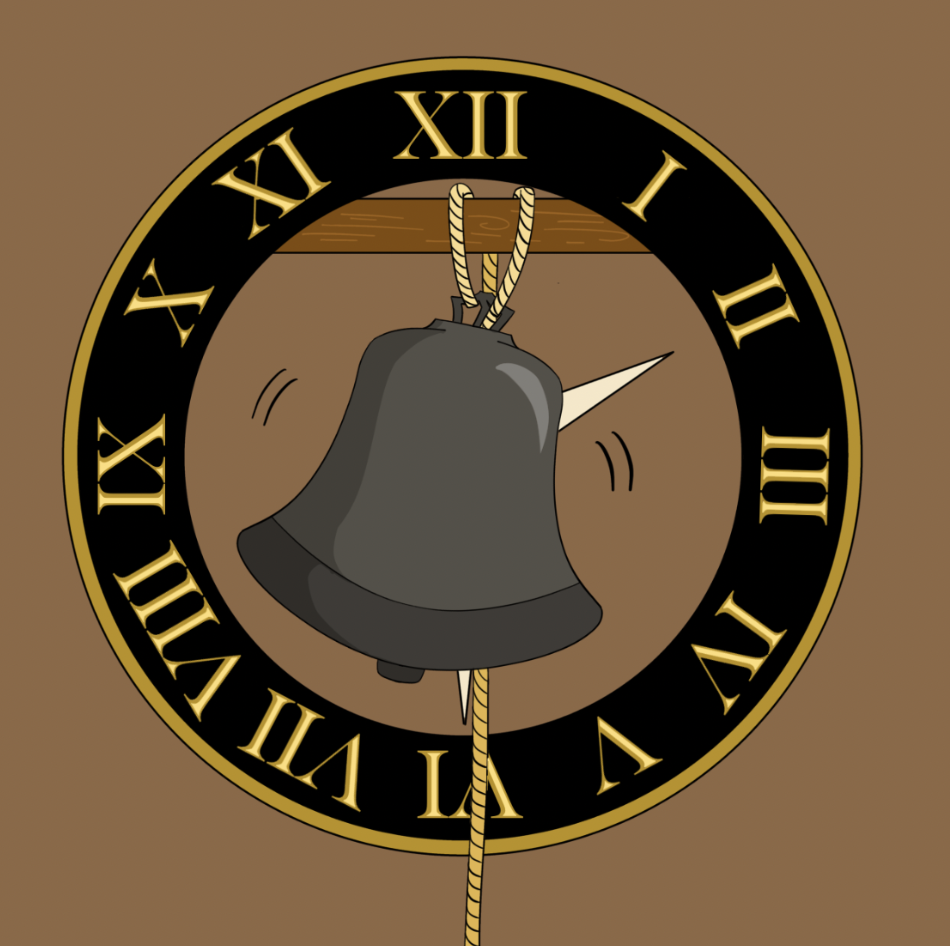 If you liked WandaVision, Get Out, or The Truman Show, I have an excellent recommendation for you — watch them again, and stay away from Olivia Wilde’s Don’t Worry Darling. Like me, you were probably tempted to watch DWD because of the feud between Wilde and lead actress Florence Pugh. Unfortunately, TikTok’s coverage of their on-set tension provided a more compelling story than the film itself.
If you liked WandaVision, Get Out, or The Truman Show, I have an excellent recommendation for you — watch them again, and stay away from Olivia Wilde’s Don’t Worry Darling. Like me, you were probably tempted to watch DWD because of the feud between Wilde and lead actress Florence Pugh. Unfortunately, TikTok’s coverage of their on-set tension provided a more compelling story than the film itself.
Don’t Worry Darling follows Alice (Florence Pugh), a young woman who has moved to a community called “Victory,” which seems to be a town stuck in the 1950s. Once Alice’s husband Jack (Harry Styles) leaves for work every morning — at a job that is suspiciously secretive — Alice and the other housewives cook, clean, and shop until their husbands return. After witnessing her friend’s suicide, Alice begins to discover that Victory is not what it seems.
Conceptually, the movie sounds very intriguing. However, between the lazy plot twist (spoiler: they were in a simulation) and the shallow commentary on misogyny, the film ultimately fell short of my expectations.
The plot twist is revealed through a flashback. We see Alice and Jack’s lives before Victory. This scene is set in the modern day, where Alice is a surgeon and Jack, who seemed patient and perfect earlier in the film, is now a stereotypical “Redditor” who expects his wife to prepare him dinner after her 18-hour hospital shift. They argue, and Jack decides to force Alice into the “Victory Project,” as the simulation is called.
Jack’s decision is followed by a montage in which he registers for the Victory Project and forces Alice into the simulation. Although this scene and montage certainly has a shock factor, it feels like the film is telling the audience what happened instead of allowing us to come to that realization naturally. In doing so, it underestimates the intelligence of its audience and cheapens the twist.
From the reveal to the end of the film is a hundred-meter dash, in which they try to fit every ounce of feminist commentary into a few lines and an odd chase scene. Bunny, one of the other housewives, explains that she’s known about the Victory Project and has hidden the truth from every woman there to stay with her children. This is all revealed in one line, and while it could have represented much more, it was rushed, and Alice barely had time to register it before making her grand escape. Yes, there were specific sequences that certainly could have been meaningful, like when Alice is crushed by a window she’s cleaning, or when she wraps Saran Wrap around her face, but this film didn’t offer a cohesive message. Ultimately, that was its key failure.


